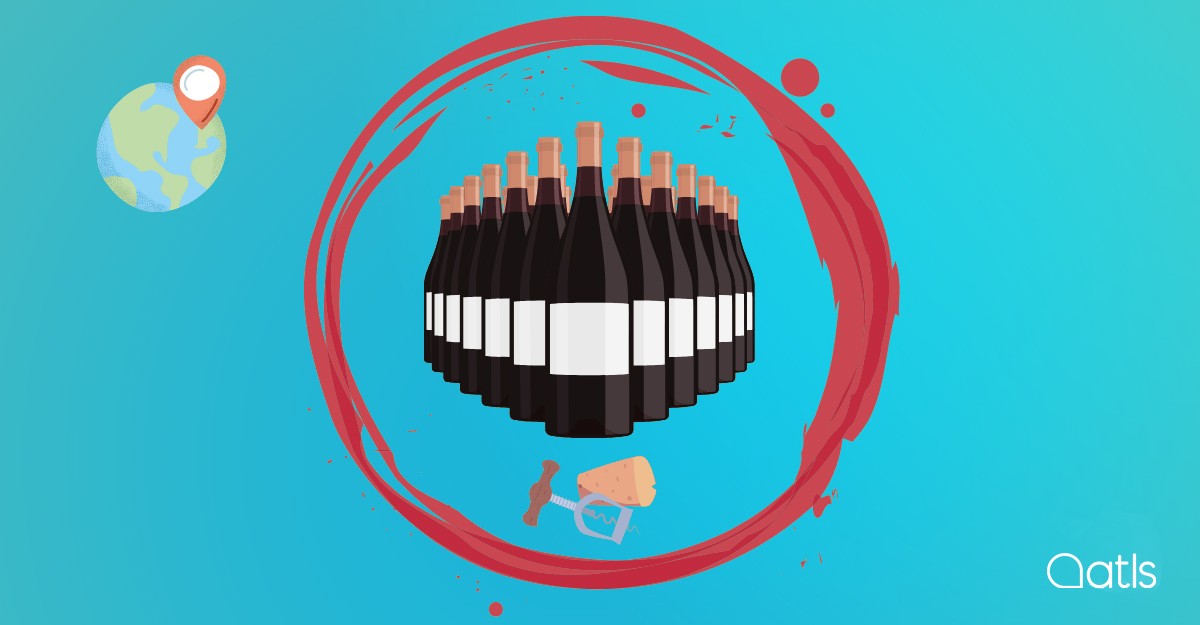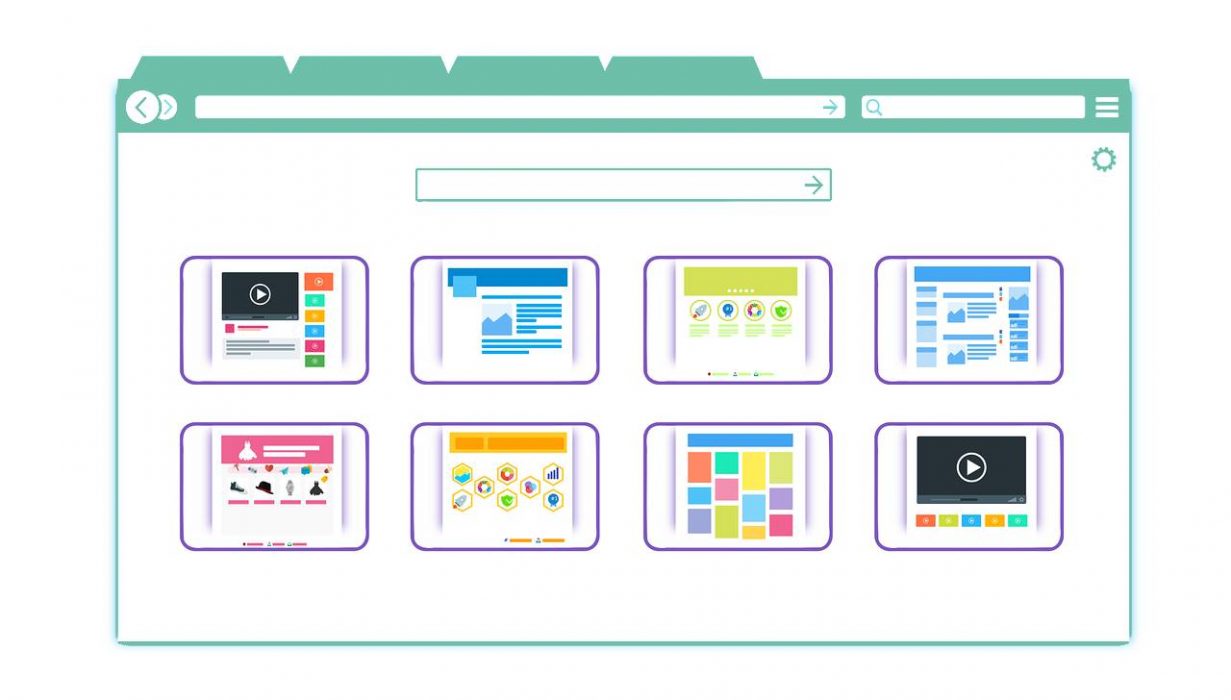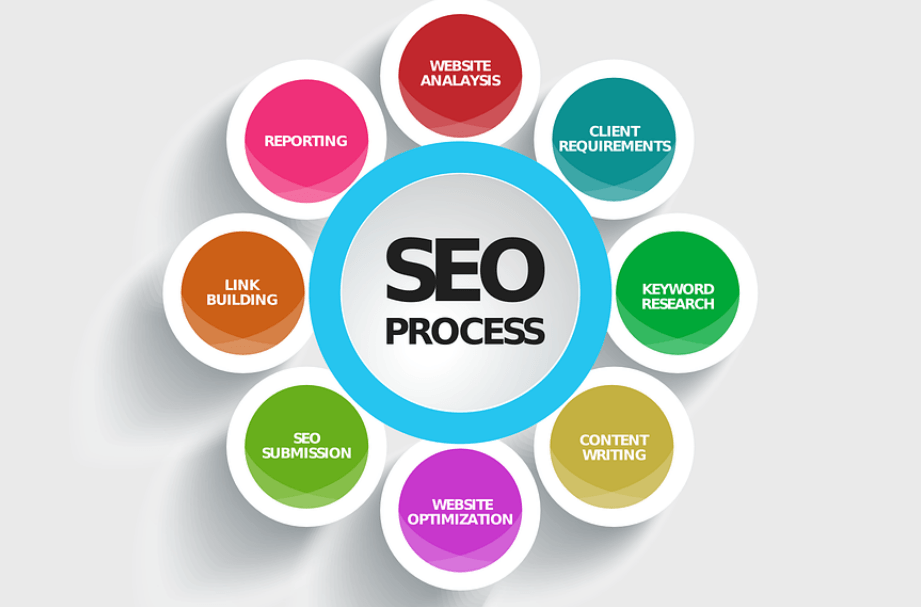Translation in the viticulture sector: raise a glass to quality!

Spain is one of the largest wine producers in the world, and exports worldwide. The country also has countless wineries and denominations of origin to its name. The creation of wine is far from simple as it requires caring for the vines, harvesting the grapes (in many areas this is still carried out manually), processing, storage, care, etc. And it doesn't end once the wine has been bottled! It then needs to be sold, distributed and exported, and throughout the process to internationalise a wine brand, it is important to have a translation company with experience in translation within the viticulture sector on hand.
The exportation of wine from Spain
According to data from the Spanish Wine Market Observatory, Spain is the second largest exporter of wine in the world and the third largest exporter of wine in terms in value. In recent years, Spain has seen greater market penetration in North America and Asia which are the largest purchasing markets. Following the COVID-19 crisis, wineries and cooperatives are facing significant medium-term challenges and must adapt to the new consumption habits of a public that is younger, more digital and more environmentally aware. This strategy may include a commitment to organic farming, online sales or oenotourism.
Any wine with a valuable denomination of origin is required to present all of the necessary documentation for the target market. The Spanish wine sector must take this into account and apply it within its marketing strategy. In viticulture, strategies range from product manufacturing, the presentation of the product to how it will be communicated. All these elements come together to achieve the desired objectives.
So, why should you hire a translation agency who works in the viticulture sector?
The oenological sector holds social, economic and cultural value in Spain. When it comes to the exportation of the wine, there are any elements to consider. We talk about the nuances of taste, the conservation of the product, how to consume it, food pairings, etc. There are also technical elements to take into account, which are required by some countries in order to export there, which may consist of describing the process carried out to receive the D.O. held.
All these elements require a translation which is specialised. Not any old translator would be up to the task, as it is essential that the professional is experienced in the field, as well as being a native speaker of the target language and possessing a complete understanding of the culture.
As with culinary translation, translation within the wine sector can be complex. We talk about flavour notes, the technicalities related to viticulture, oenology, cultivation techniques, legalities, etc. These come together to create a technical vocabulary that only an expert and native translator is capable of handing correctly.
In good quality translation, there is a lot at stake: the brand's image, the wine's reputation and even the denomination of origin status. To achieve the desired quality, it is important to put your trust in a translation agency with experience in the wine sector and which, in addition, holds various international quality certificates. ATLS holds the discerning ISO 17100:2015 standard, which means that our translation processes respect stringent international quality standards, and are regularly checked to consistently bring our clients the best translation services. We also hold the ISO 9001, which ensures continuous management and quality control in all processes.
Which elements may need translating in the viticulture sector?
- Localisation of websites or landing pages.
- Product labels and packaging.
- Catalogues.
- Documentation relating to international tenders.
- Patents.
- Legal documentation.
- Technical reports and manuals.
- Presentations.
- Brochures.
- Technical specifications.
- Contracts
- Financial statements.
- Etc.
Do you want to internationalise your wine?
Our translators are specialised in the translation of texts related to winemaking and oenology and each has over 5 years of experience. In addition, ATLS has more than 1000 active clients, including important wineries in Spain and Latin America. Do you want to cross borders with your wine and increase your business? Get in touch!




